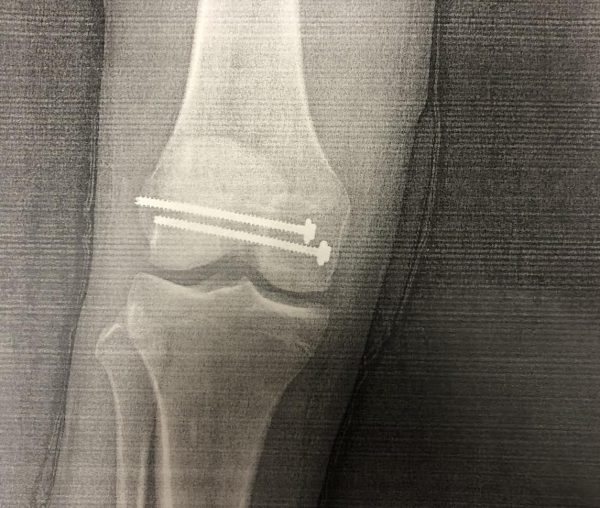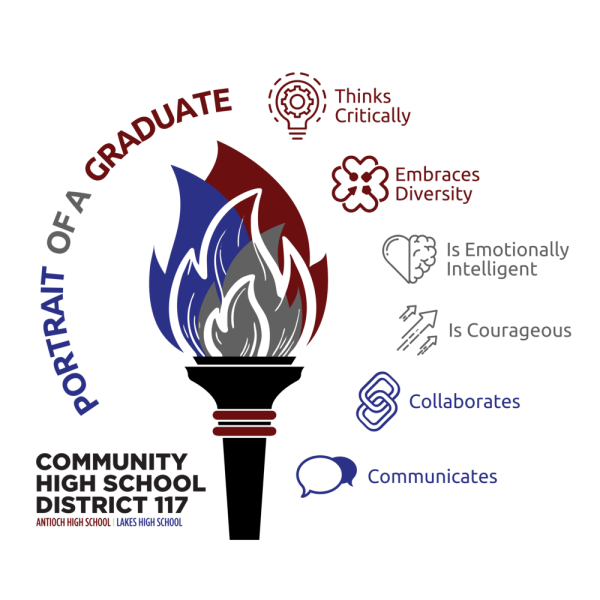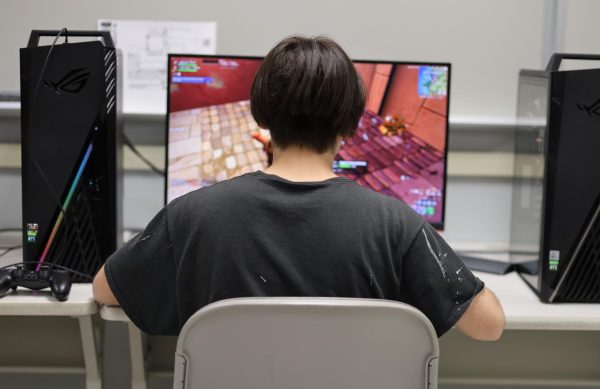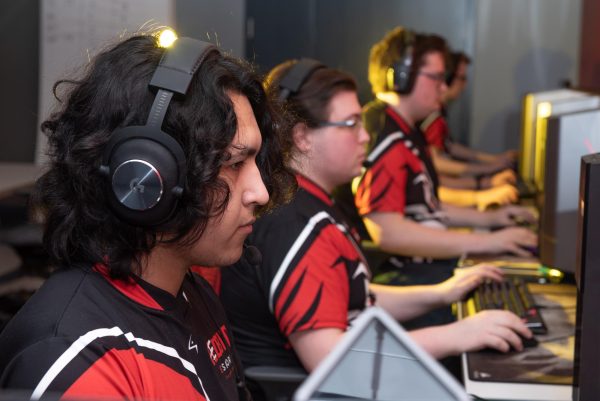You Before Me
The average Sequoit is able to go to the mall freely, participate in school events and be with their friends at the drop of a hat, but for others, it is not just about being “the average,” but it is also about being able to manage their own lives and the lives of their siblings.
As if balancing school, a social life and sports isn’t hard enough, some students have the added task of taking care of someone else. Some students have an obligation to take care of their siblings, nieces or nephews on top of all of their other activities. For a few Sequoit seniors who are applying to colleges and making a lot of decisions for their future, this responsibility can add to an already full plate. These students go above and beyond to provide for themselves and their loved ones. Three seniors with different backgrounds—Katherine Barr, Breanna Kramer and De’Andre Burns—have shared life experiences of being an older sibling, and while their views are different, they all feel that helping with their siblings is both a rewarding and beneficial experience in many ways.
“I think I am a co-parent,” Burns said. “I think my brother and I do a good job of taking care of our niece and nephew because we’re there as father figures; they look up to us.”
These seniors are seen as role models by their younger siblings and family members. They want the best for them and help out as much as possible.
“It’s kind of a lot of pressure sometimes because I know I want Will to be a good kid and I want him to turn out [well],” Barr said.
The benefits of acting as a co-parent towards siblings or other family members is mutually beneficial. Respect slowly builds up in the relationship, along with trust and responsibility. The student being the co-parent is rewarded by helping their loved one and having the knowledge that hey are contributing to others’ success and happiness. The student receiving guidance or help gains confidence and is empowered by having support easily available to them.
“[My siblings] definitely have respect for me because they know that I help them out a lot,” Kramer said. “I mean, we still get in spats here and there because we are still siblings, but they show me more respect than maybe some other siblings would.”
Kramer has just as much respect for her brothers as they do for her. She spends a lot of her time with her family and helping her brothers with any of their problems.
“Because my brother, Matt, has a disability, we do everything together,” Kramer said. “[If] he needs help with how to approach someone at school, he would come to me and ask for help. I view him as someone who is differently abled because he is one of the smartest kids I know even though he doesn’t have the same abilities as everyone else.”
Similar to Kramer, Barr also helps her brother with school problems and homework. It is refreshing knowing there are students who not only want their own success, but also success for their siblings.
“Will comes to me with school issues because he gets bullied at school sometimes,” Barr said. “He comes to me with that and any homework problems or anything a normal sibling would do.”
Most students find enjoyment in spending extra time with their siblings to help their parents out in a sticky situation. Whether they are stuck at work, grocery shopping or going out with friends, parents can always rely on their family to take care of one another. Siblings can help in many ways such as giving support, providing transportation, helping with homework, giving advice or just listening.
“I think I always helped out even from a young age, but it started more when I was old enough to start babysitting because [my parents] would be able to leave me at home with the boys,” Kramer said.
Barr feels similar to Kramer.
“My dad is gone all the time because he is a police officer and my mom is gone most of the day. I get Will to school and get him ready in the mornings,” Barr said. “I’ll wake him up and make sure he gets in the shower. Normally, I will make breakfast and get him to school and home.”
With a busy family comes a lot of responsibilities like preparing their loved ones for school or getting them places safely.
“My sister works the night shift, so I usually babysit during the night and then I go to the school in the morning,” Burns said.
Taking on the role of being a co-parent is difficult because not only does a student have to manage their own schoolwork, work schedule, practice schedule and social life, but they also have to know their siblings schedules, too. Once a student hits age 16, he or she is perfect for providing transportation to take a little stress away from parents. This allows parents to have a little more free time and share the responsibility of getting their youngest children places by having the older siblings help out.
“My brother and I are super close,” Barr said. “I think it’s kind of hard to be close to him because he is a pretty introverted person, but I am definitely one of the people that he trusts the most.”
Spending time with family seems like an easy task, especially when they do things such as bowling and dinners together.
“Basically we like to do everything together,” Kramer said. “We go bowling and go out together a lot.”
Burns enjoys spending time with his niece and nephew Amiyah and Amere.
“I genuinely like to do it,” Burns said. “During the summer I used to have a lot of free time. I took them to the park a lot, [to] some bouncy houses, to the store to buy some stuff or to get ice cream.”
These seniors have set the bar high. Their dedication and contributions to their loved ones is evident. As an extra benefit, they have helped to add support and improve quality of life for their parents, like Kramer and Barr, or in their sister’s life, like Burns. In addition to their family members, they help co-parent by always putting others before themselves.













